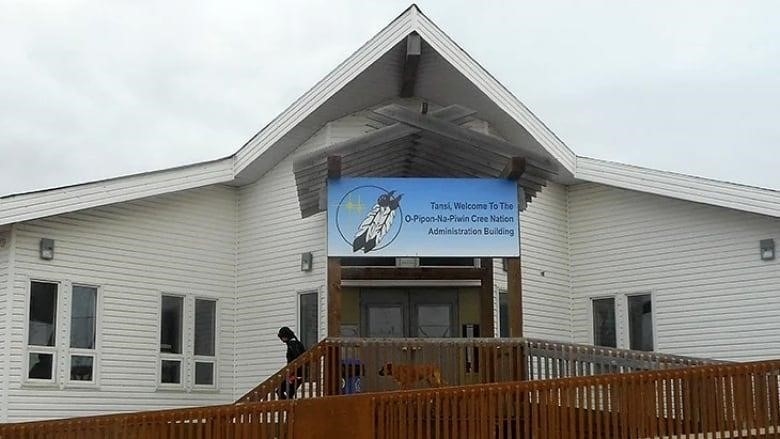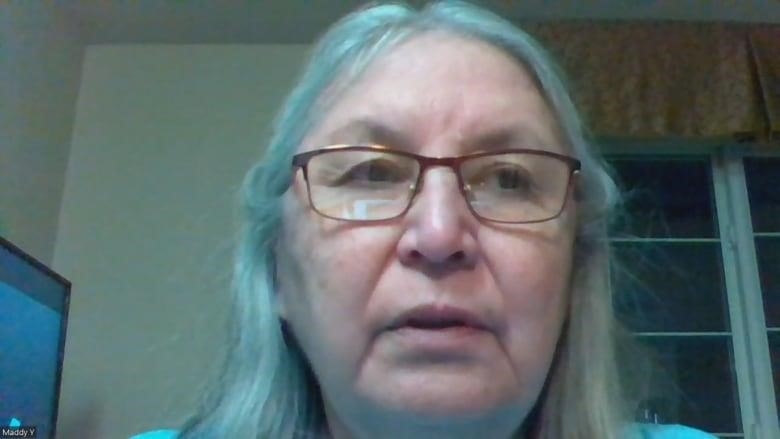
In the last two weeks, three people have died in the O-Pipon-Na-Piwin Cree Nation
After the deaths of three people in the community over the past two weeks, a remote northern Manitoba First Nation has declared a state of emergency.
“We have seen how much pain and hurt our First Nation has been through, and we can’t wait any longer. It seems like we have to deal with emergencies and tragedies every day here. Chief Shirley Ducharme of the O-Pipon-Na-Piwin Cree Nation, a town of just over 1,000 people at South Indian Lake, 130 km northwest of Thompson, said this.
“Our people are dying, and we have to do something as leaders.”
She wants the federal and provincial governments to help people who are dealing with trauma, addiction, and mental health problems right away by giving them crisis supports.
“As we try to figure out what the problems are, we try to put all of our ideas together and help our members. Everyone is affected by it, Duchamare told us.
She is also asking the province to control the flow of alcohol into the community by limiting the hours that the local ferry is open.

During the crisis, people have turned to drugs and alcohol to ease their pain, but she said that this is just a domino effect that causes more problems in the community.
“We’ve lost community members, and now we’re seeing violence and the situation getting worse.”
The political advocacy group Manitoba Keewatinowi Okimakinak, which represents 26 First Nations in the north of the province, has sent a mobile crisis response team to help O-Pipon-Na-Piwin Cree Nation.
MKO Grand Chief Garrison Settee said in a statement, “They work directly with families who have been hurt and will be part of a response that includes other groups.”
“We will also help our member First Nation get more housing by speaking up for them at the federal level and asking the province to limit the hours of their ferry to stop alcohol from getting into their community.”
Ducharme also wants to build a healing center in her neighborhood so that people can get help closer to home.
“There aren’t enough supports and resources in our community for people to get better,” she said.
They go to bigger centers for help, but the wait can be anywhere from six months to a year. “When they come back from the treatment center, they fall back into the cycle again because there is nothing here to help them continue to heal,” Ducharme said.
She has reached out to the Assembly of Manitoba Chiefs to ask for help creating, developing, and putting into action a community action plan that will meet the community’s immediate and long-term needs.
Ducharme said, “It’s going to be a long journey that we all need for this whole town.”
